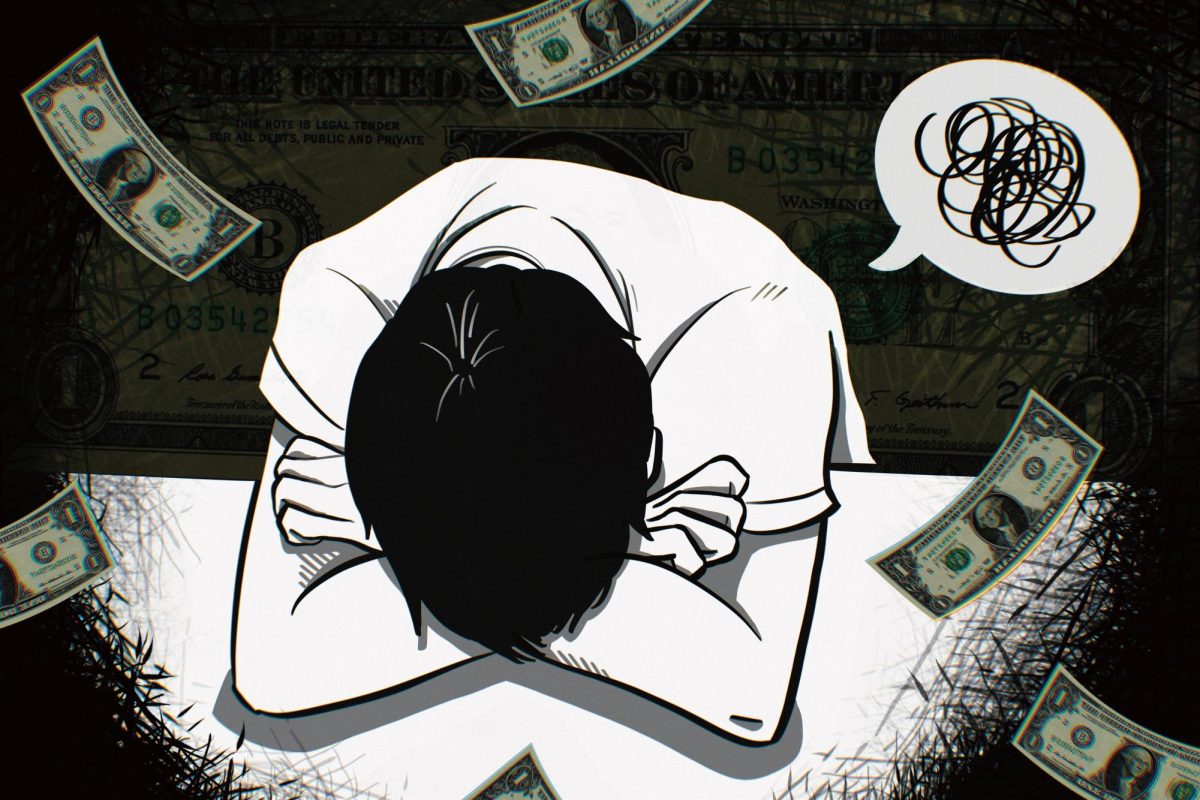Following last week’s Grammys, the BeyHive continued saving for Beyonce’s Renaissance Tour, the Swifties flocked to reduce the price of eggs, and The Navy was getting ready for the Super Bowl. While these fan bases were engaged, none were more active than the Harries who were supporting Harry like they were defensive linemen. The fiasco began when Harry Styles won a Grammy for Album of the Year. His fellow nominees were ABBA, Beyoncé, Adele, Bad Bunny, Mary J. Blige, Brandi Carlile, Coldplay, Kendrick Lamar, and Lizzo. This decision alone was controversial. So with this in mind, it was surprising for him to say “this doesn’t happen to people like me very often.”
As of now, Harry has not made any comment on this statement, and its meaning has been up for debate. The irony of the statement with its given context is undeniable. This was Beyoncé’s fourth nomination for album of the year and Adele’s third. In the 65-year history of the Grammys, only nine Black artists and three Black women have been awarded album of the year. The last Black female artist to win the award was Lauryn Hill 24 years ago for ‘The Miseducation Of Lauryn Hill’. It’s not surprising then that the Grammys have been criticized for their bias in choosing nominees that are not reflective of popular music and are chosen by people disconnected from the target audience. The point of award shows in general has been widely criticized as the arbitrariness and controversy involved seem part and parcel to applying some level of objectiveness to art. Styles pointed this out in his acceptance speech, emphasizing that “there is no such thing as best in music” and that he and his fellow nominees do not “make decisions on what we think is going to get us [a Grammy].”
With that said, focusing on this specific moment of the night betrays some of the good that happened. In one of the most anticipated moments of the night, Viola Davis made history as one of 18 people to achieve EGOT status, meaning that she has received an Emmy, Grammy, Oscar, and Tony. Beyoncé also made history when she earned four Grammys, bringing her total to 32, surpassing Georg Solti’s 31, and cementing her as the most Grammy award-winning musician of all time. A personal favorite moment of the night happened when Samara Joy received the New Artist Award. Although there was buzz over whether her fellow nominees, including Omar Apollo, were more deserving, her sound is unmistakably iconic. Then again, that is my personal opinion which brings us back to the subjectivity of the awards.
Popular criticism tends to argue that the Grammys are biased and do not represent the fans who actually enjoy the artist’s music. I completely agree with that sentiment. I feel that systems of judgment for art are nonsense. The point of award shows like the Grammys is to celebrate the achievements of a select few in their field. This setup means that the outcomes will be arbitrary even if the system was wholly objective. Harry Styles won for an album that is not widely recognized as his greatest, against artists who have been in the running many more times than him. For some, a fine line was crossed with this decision, and it got more people speaking about the Grammys than anything else that night. The most talked about moment should be that Beyoncé is now the most Grammy-awarded artist, or that Viola Davis “just EGOT” or the many other historic, joyful moments of the night. Yet the night was tainted by one moment of controversy and poor word choice.
The Grammys are set up as an important cultural touchstone of talent and achievement. And yet as they go on, it gets more clear that award shows tend to disappoint. They don’t represent the people who create or enjoy music, and they have had a history of exclusion and questionable practices. Numbers, fans, impact, legacy; none of these alone track with who wins the awards. So who should win? And if we can’t agree on a system to decide that, then why have awards at all? It’s not like a test where the person with the best score wins, or like a sport where the best achievement is rewarded. Art is challenging. Good art is even more so. It takes time to see the impact of art, and it means different things to different people. It could be argued that any one of the nominees deserved the Album of the Year award. That arbitrariness can leave us unsatisfied but also builds suspense. There’s a lot to criticize about award shows, but maybe it’s possible for them to have a Renaissance. Or maybe we can try to make lemons into Lemonade.
Art by Sparky Mitra of The UCSD Guardian





















Papa's Pizzeria • Feb 15, 2023 at 9:28 am
For the past few days, I’ve been following your post, and I’ve found it to be quite useful.
Evans Water • Feb 14, 2023 at 3:14 am
Thanks for this article.